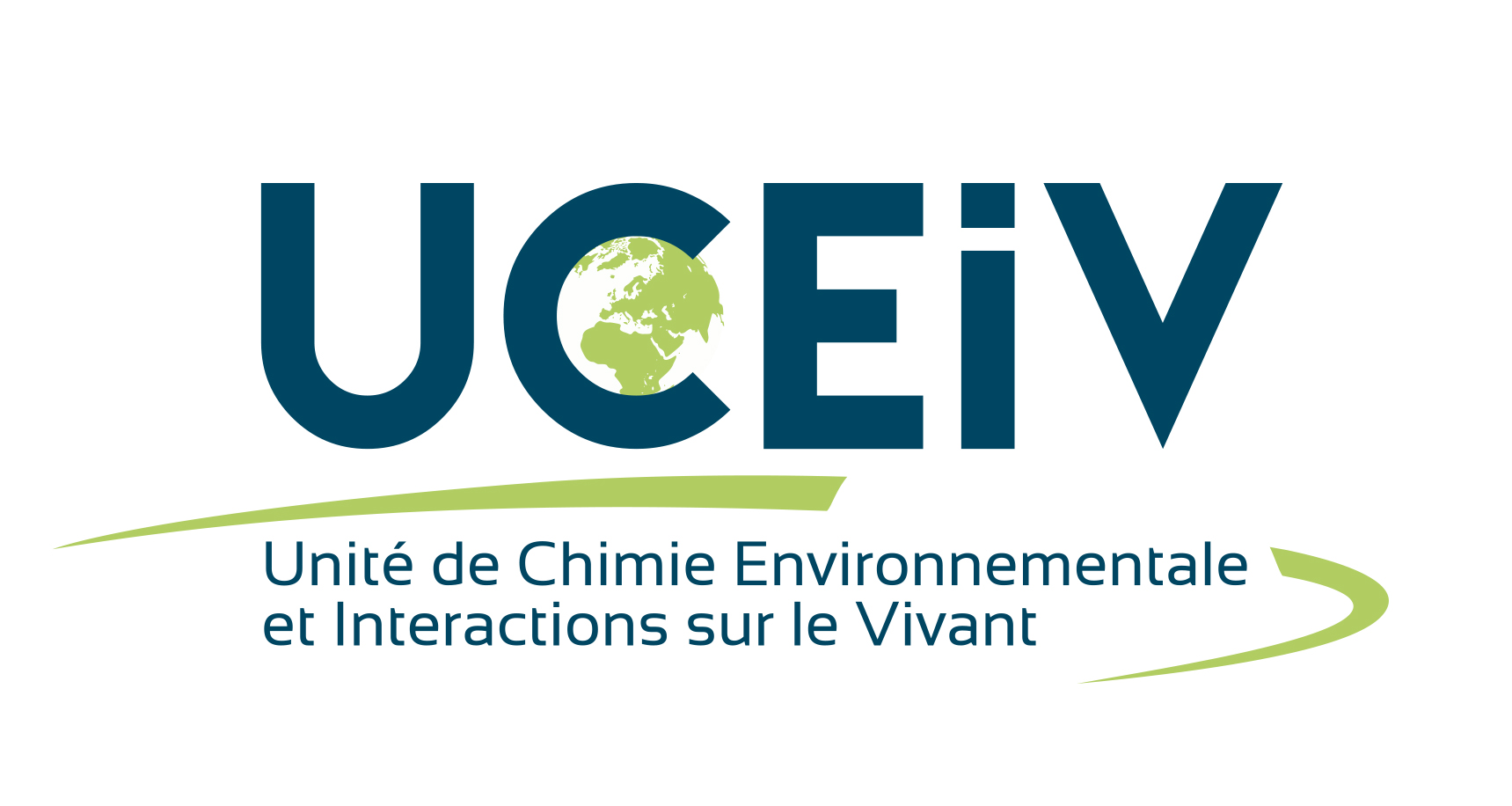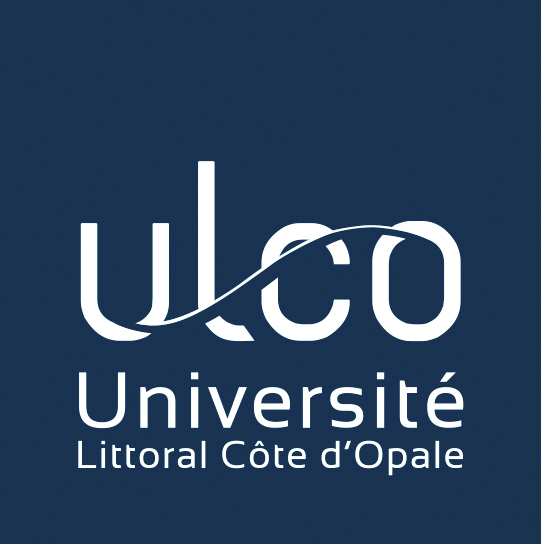Seminar on biomass valorisation Thursday 10 June 14 H amphi MREI1
Brigitte Chabbert and Angélique Gainvors-Claisse, University of Reims Champagne Ardenne, INRAE, FARE, UMR A 614, 51097 Reims, France
Thursday 10 June 2pm
(Amphi MREI1 and visio)
The research conducted within the FARE (Fractionation of Agro-resources and Environment) Joint Research Unit in Reims aims to better understand the degradation of plant biomass in soils and to optimise the fractionation and recovery of this biomass by biotechnological processes, for the production of biomolecules, materials and energy, thus contributing to the development of a sustainable bioeconomy. In particular, the expansion of industrial markets based on natural cellulosic fibres such as flax or hemp relies not only on the improvement and reproducibility of their performance but also on the possibility of modifying these fibres to develop innovative textiles and materials with new functionalities.
The LinPLUS doctoral project aims to develop a methodology for homogenising the quality of scutched flax fibres and their functionalisation using a process combining enzymes (pectinases and laccases) with sonochemistry, with the intention of using several fractions of the flax fibre industry (filasses, tow, shives, etc.).
This project will benefit from the collaboration with UCEIV on sonochemical processes and is based on the scientific and technical know-how of the Unit developed over several years, such as the use of hydrolases and oxidoreductases on plant fibres. FARE’s expertise on the structure of natural fibres and its mastery of multi-modal and multi-scale analysis techniques for plant fibres and lignocellulosic polymers will also be put to good use.


